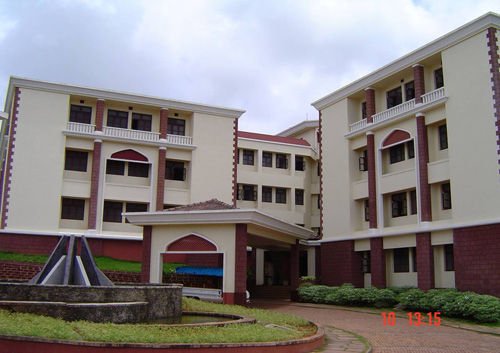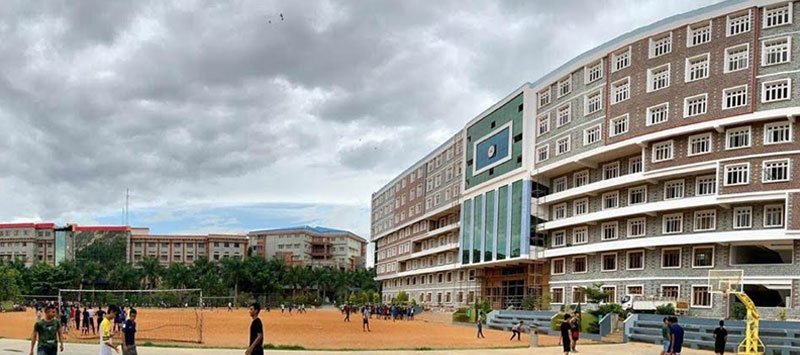BSc Forensic Sciences
About The Course
B.Sc. Forensic Sciences or Bachelor of Science in Forensic Sciences is an undergraduate Forensic Science course. The minimum duration of this program is three years. The course deals with the most scientific ways in which various kinds of crimes or activities can be proved. Forensic Science is essentially a crime and laboratory-based profession. But the expertise of a forensic professional is also used in civil cases for issues like proving the validity of a signature on a will, to a claim of the products liability, to find out whether an industry is complying with environmental rules or not. Forensic Science is broadly grouped into three Types: Medical, laboratory and field science.
- Medical/Data medicine includes forensic pathology, psychiatry, psychology, forensic medicine and odontology (dentistry).
- Laboratory Sciences include chemistry, biology, toxicology, ballistics, fingerprints, questioned documents and marks & impressions.
- Field Sciences include crime scene investigation which incorporates areas such as fire and explosion scenes and clandestine drug laboratories.
More Details About BSc Forensic Sciences
Pass in class 12th with minimum 60% in aggregate in Physics, chemistry, zoology, botany, biochemistry, microbiology, B.Pharm., BDS or applied science.
- Those who have the ability to keep an open mind and concentrate on the hard evidence are suitable for it.
- They must have analytical thinking and reasoning skills.
- They must also have good control over their emotions and possess the ability to work both individually and as part of a team while under large amounts of stress.
- Applicants have a working knowledge of chemistry, the scientific method and computers. They need to conduct chemical analysis tests under lab safety protocols.
- It is beneficial to develop your forensic skills in an internationally recognized learning and research environment, acquire in-depth knowledge of new forensic analysis methods and innovations, and gain valuable experience from real-life casework.
- Career opportunities exist in forensics, insurance investigation, risk analysis, research science, and education, in government institutions and in chemical, food and pharmaceutical industries.
- This program brings science out of textbooks and into real life by providing you with professional training in handling criminal casework in forensic biology, forensic chemistry and forensic toxicology.
- They can also work as teachers in institutes that conduct courses in this subject.
- Colleges & Universities
- Police Departments
- Forensic Labs
- Crime Branches
- Armed Forces
- Security Agencies
- Forensic Scientist
- Crime Scene Investigator
- Private Investigator
- Forensic Consultant
- Drug Analyst
- Environmental Investigator
- Police Officer
- Drug Tester
- Forensic Researcher
M.Sc. (Forensic Science)






